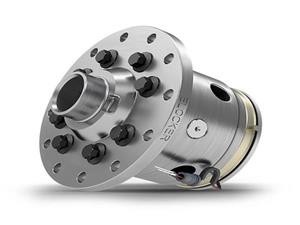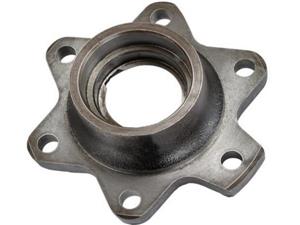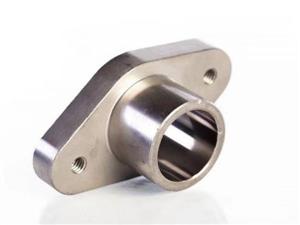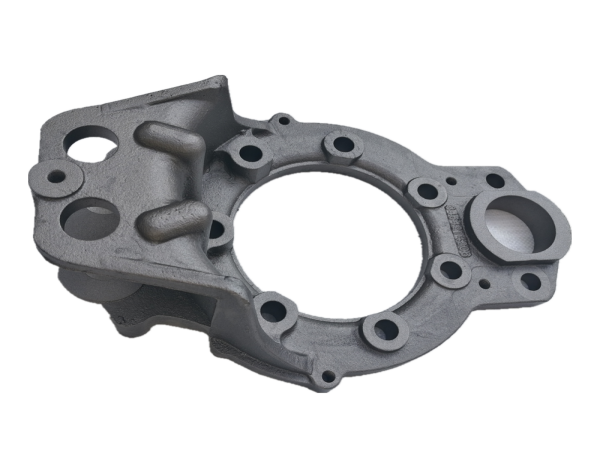What Do You Need To Pay Special Attention To During Casting Processing
When selecting foundry workers, foundry manufacturers usually ask "how long experience they have in casting". Casting experience is crucial for foundry manufacturers, not only affecting the quality of castings, but also affecting their position in the industry. Starting from years of casting experience, Hefei Quansheng Machinery would like to talk to you about the casting and processing principles used in the casting process?
1. Choose high-quality metal raw materials to ensure that the chemical composition of the casting raw materials is qualified. There are few inclusions in metal materials, and the quality of the molten metal during melting is high, resulting in good quality castings.
2. Ensure the continuity of pouring. During pouring, foundry workers should control the pouring speed to avoid the formation of oxide layers or even cold zones in the casting due to interruption of pouring.
3. Avoid core gassing. The core should have low air generation or sufficient exhaust holes to avoid the formation of pores due to core air generation.
4. Prevent porosity defects. During pouring, it is important to avoid gas being drawn into the pouring system. Otherwise, a series of oxidation bubbles will be generated in the casting, causing porosity defects and affecting the overall quality of the finished casting.
5. Avoid convective defects. The problem of convection is crucial in casting production. The harm of convection casting is aimed at castings with medium wall thickness. During casting production, the harm of convection can be reduced through casting structure or process; Pour it full and flip it over; Avoid upward feeding and other methods to solve the problem. For thin-walled and thick walled castings, they are basically unaffected by convection.
6. Control residual stress. In casting production, it is necessary to avoid using boiling water as quenching liquid and prohibit water quenching and high-temperature solid solution treatment of light alloy castings. For some castings with seemingly low stress, polymer quenching media or forced air quenching can be used.





